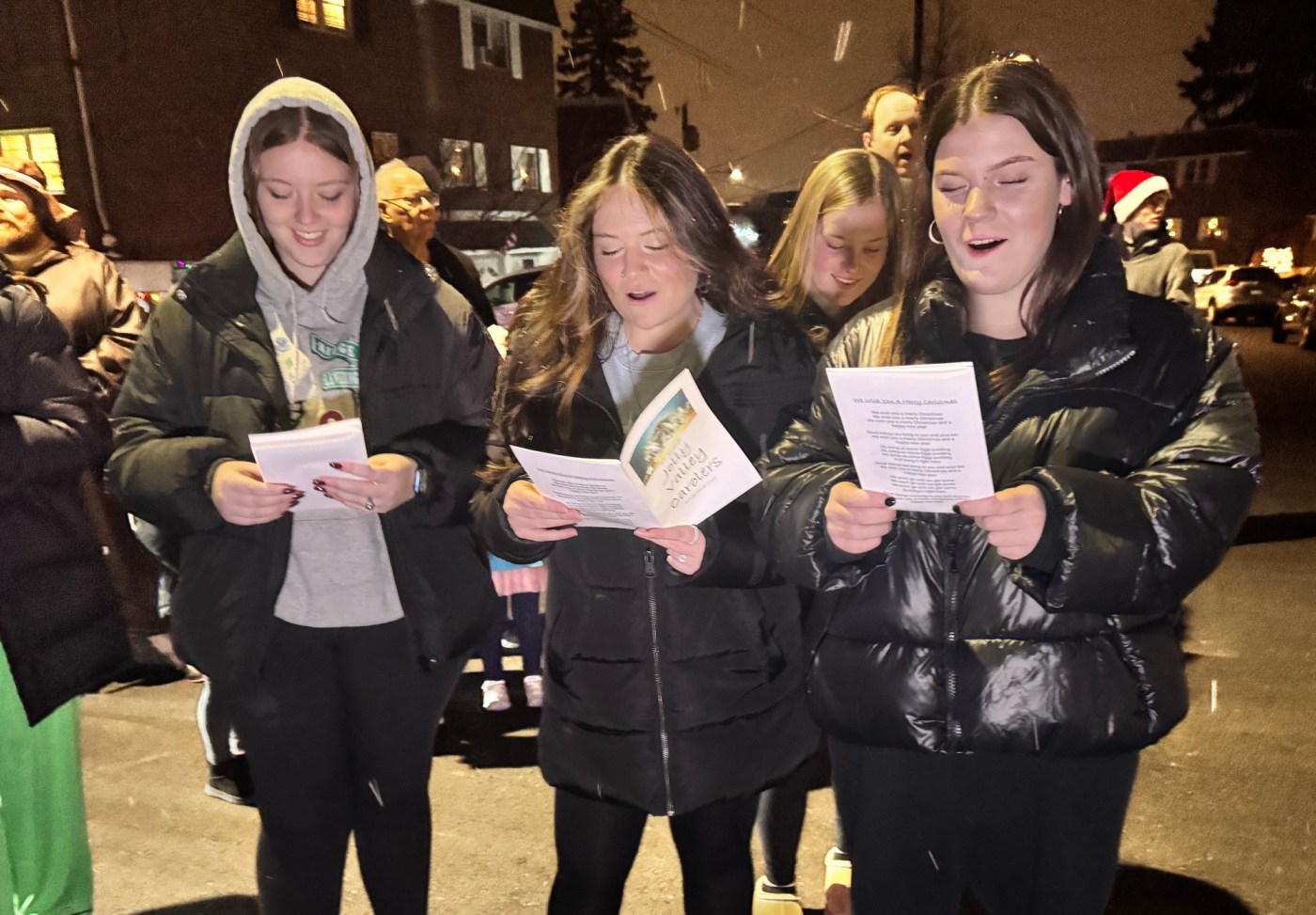Chicago Aldermen Set to Vote on Affordable Housing Protections

A coalition of advocates, led by South Shore Alderman Desmon Yancy, has reached an agreement with the city of Chicago aimed at protecting affordable housing near the Barack Obama Presidential Center. This agreement follows a four-year effort to address rising property values and rents in the area since the center’s announcement. The proposal, scheduled for consideration by the City Council Housing Committee, aims to implement measures before budget discussions take center stage.
The ordinance proposes a pilot program that designates 30 city-owned lots for affordable homeownership and the development of new rental units. In addition, the plan includes a $3 million property tax debt relief initiative that would provide grants of up to $5,000 to residents in South Shore, Englewood, and the Lower West Side. The initiative also seeks to expand a “fair notice” pilot currently in effect in Woodlawn, which offers renters more time to prepare when their leases are not renewed.
The designated pilot area extends from 60th Street to the north, Dr. Martin Luther King Jr. Drive to the west, South Chicago Avenue to the southwest, 71st Street to the south, and DuSable Lake Shore Drive to the east. Notably, this plan excludes the 7th Ward, which was included in the original ordinance. Local Alderman Gregory Mitchell, representing the 7th Ward, did not support the proposal, arguing that existing affordable rental options, including federally subsidized housing, should take precedence.
The need for these protections has become increasingly urgent as property values have soared in the vicinity of the Obama center. Advocates previously succeeded in passing a pilot program in the Woodlawn neighborhood designed to maintain affordable housing and facilitate homeownership opportunities for current renters. Yet, efforts in Jackson Park, just south of the presidential center site, have encountered obstacles.
Mayor Brandon Johnson has expressed general support for housing protections but has focused on extending a program that connects individuals facing eviction with housing attorneys. This initiative, too, has yet to have a formal hearing in the City Council. The ordinance aimed at establishing a South Shore Community Benefits Agreement has been stagnant in the Council for almost two years, raising concerns among advocates about the pace of housing reforms.
As the City Council prepares to discuss these proposals, the potential impact on the community remains a focal point. Advocates are hopeful that the new ordinance will provide essential safeguards for residents amid the ongoing challenges of affordability and displacement in the neighborhood.






